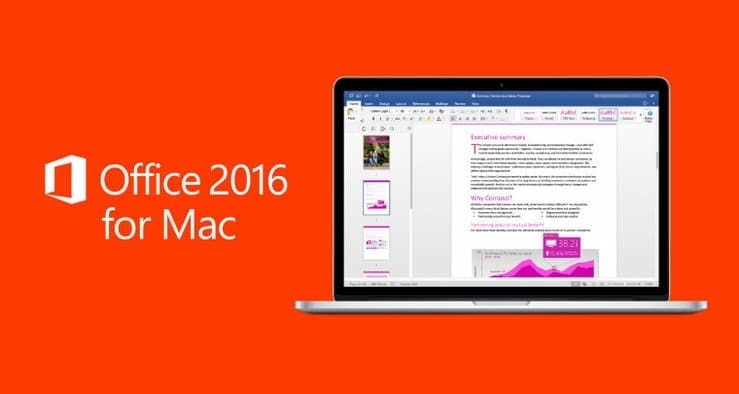

Find facility, where found items are shown one by one as you do 'find next', and the map is unfolded only for the current item.Export of map to HTML, with folding (see example).Smart copying and pasting from, including plain text and RTF (MS Wordpad, MS Word, MS Outlook messages).Smart copying and pasting into, including pasting of links from HTML or structuring the pasted content on the basis of the number of leading spaces in a line pasting of lists of selected files.Smart Drag'n Drop, including the possibility to copy nodes or copy style of nodes dragging and dropping of multiple selected nodes dropping of texts or list of files from outside.You can move the map by dragging the map's background as well as using mouse wheel. Fast one-click navigation, including folding / unfolding on one click and following links on one click at the same time (you don't have to make choice between fast following of links and fast fold/unfold).From very early versions, Freemind supports folding which is its essential property.Fully functional following of HTML links stored in the nodes, be it www links or links to local files.Commented internet favorites or bookmarks, with colors and fonts having the meaning you want.Īpart from other things, this release of FreeMind features:.For example, different medical records use different structure and you do not have to analyze all the possible structures before you enter the first medical record. You learn about the structure from the additional data items you enter.

The main disadvantage of such approach when compared to traditional database applications are poor query possibilities, but I use it that way anyway - contacts, recipes, medical records etc. Keeping a small database of something with structure that is either very dynamic or not known in advance.I move parts of some essays to other when it seems appropriate. I don't have one map for one essay, I have one map for all essays. Essay writing and brainstorming, using colors to show which essays are open, completed, not yet started etc, using size of nodes to indicate size of essays.Such a collection of notes is sometimes called knowledge base. Keeping a collection of small or middle sized notes with links on some area which expands as needed.Workplace for internet research using Google and other sources.Project workplace, including links to necessary files, executables, source of information and of course information.Keeping track of projects, including subtasks, state of subtasks and time recording.Current users of FreeMind use it for the following purposes:


 0 kommentar(er)
0 kommentar(er)
